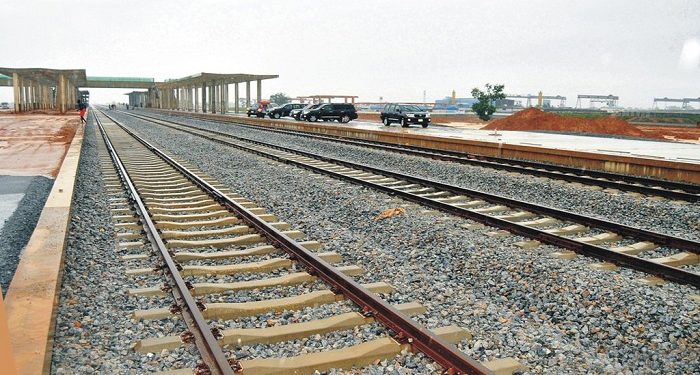The standard gauge railway project in Tanzania has received $1.46 billion from the Standard Chartered Bank Group for the construction of phase two which starts from Morogoro to Makutupora.
In March 2018, President Magufuli commissioned phase two of the project which stretches 426 kilometres by laying the foundation stone.
The Minister for Finance and Planning Philip Mpango said:
“We are currently building Phase I of the SGR project that runs from Dar es Salaam to Morogoro. Afterwards, we will extend it to Makutupora in the second phase. In the later phases, we will connect the SGR to Isaka and Mwanza and, ultimately, to Rusumo, working in close cooperation with our Rwandan counterparts until it reaches Kigali.”
Standard Chartered Bank Group Chief Executive Bill Winters said: “As a bank, we have the noble duty of ensuring that we play a significant role in financing (the country’s socioeconomic development).”
The SGR Project
Mpango said SGR phase one from Dar es Salaam to Morogoro is progressing smoothly where Turkish company Yapi Merkezi Insaat VE Sanayi As is constructing the 522-kilometre stretch the high-speed railway from Dar es Salaam to Dodoma.
The railway from Dar es Salaam to Mwanza is being constructed at a cost of $7 billion and will eventually create about 30,000 direct jobs and 60,000 indirect jobs once it is completed.
The high-speed railway will offer passengers speeds of up to 160 kilometres per hour while the freight train will offer speeds of up to 120 kilometres per hour.
The railway will facilitate the movement of goods and people to and from neighbouring countries such as Uganda, Burundi, Rwanda, Zambia, and DRC.
Tanzania’s Other Projects
Mpango said the country is also working on other projects such as the Stiegler’s Gorge hydroelectric project with a capacity of 2,100MW and the purchase of a state-of-the-art passenger aircraft for Air Tanzania.
“Tanzania is only second to Brazil in terms of having the highest number of tourist attractions in the world. However, we currently receive less than two million visitors a year. This calls for prompt action so that the tourism sector brings in more of the much-needed foreign exchange earnings for the general good of the economy,” Mpango said.




